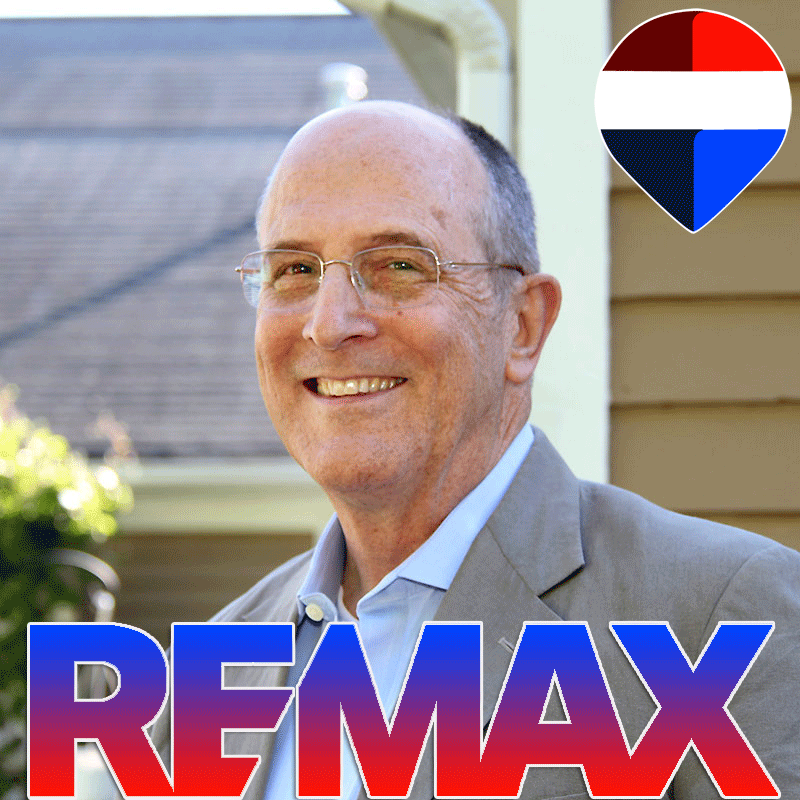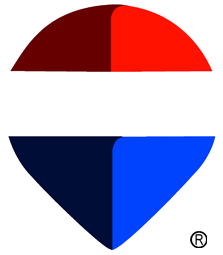
Nearly 75% of Americans Are Confused by Closing Costs, Preapproval or Other Homebuying Steps
Here’s a Helpful Cheat Sheet
Most likely, unless you have already purchased a home or work in real estate, you don’t feel like you know enough about what it takes to buy a house. At least, that’s the norm for many Americans according to a recent survey.
Of the 1,000 people surveyed, only 26% felt they understood the homebuying process well. The most confusing part of the process was getting preapproved, followed by closing costs.
What does it mean to get preapproved to buy a home?
Unless you are paying all cash for your home, you will need a mortgage to buy a home. So the preapproval is referring to being approved for a mortgage and sellers will know you have a line of credit to buy.
Connect with a lender. The lender will check your credit, assets and income and will verifying your employment. You will then be approved for a certain amount of money and a preapproval letter with the amount you are approved for will be prepared.
Which type of mortgage should you get?
Conventional Mortgages
If your lender has determined you have a good credit, recurrent and steady income, and can make a 3% down payment on a home, you get a conventional loan.
Conforming Mortgage Loans
These loans have to conform to maximum loan limits set by the Federal government. The loan limit for 2022 is $647,200 for one-unit properties but that can go higher if you live in a city with higher than average homes.
Nonconforming Mortgage Loans
The amount for these loans is typically much higher than conforming mortgage loans. To qualify, you would need to show a lot of cash on hand. A down payment of 10% to 20% is needed to qualify as well as excellent credit.
Government insured Federal Housing Administration Loans(FHA)
A 3.5% down payment and mortgage insurance premium is required for this type of loan.
Fixed Rate Mortgage
If you plan to live in your home for a long time, you can get a fixed rate mortgage which means you’ll pay the same interest rate on your mortgage for 10 to 30 years.
Adjustable Rate Mortgage
So if you do not plan to stay in your home for a long period of time, this type of mortgage would be appropriate. These loans have a fixed rate for 10 years and then you can readjust based on the market.
What are Closing Costs?
Closing costs are additional fees in addition to what you are paying for the home. Some of the fees are a loan application fee, credit report fee, property tax, appraisal fee, real estate commissions, title and record filings and other costs that vary from state to state. So, closing costs could range from 3% to 6% of a home’s total cost.




Leave a Reply